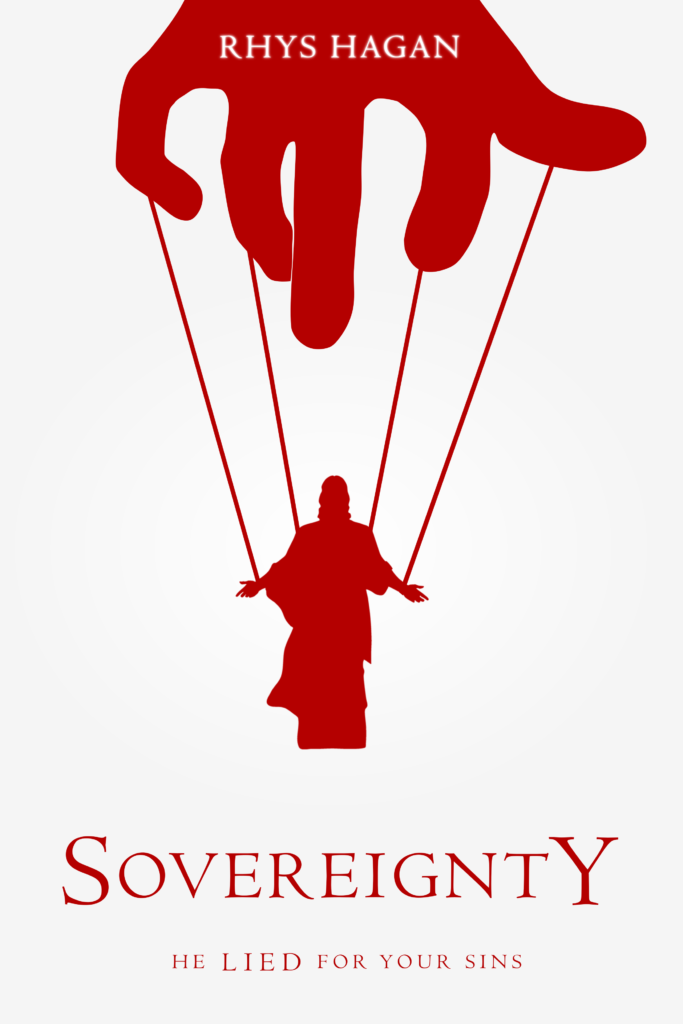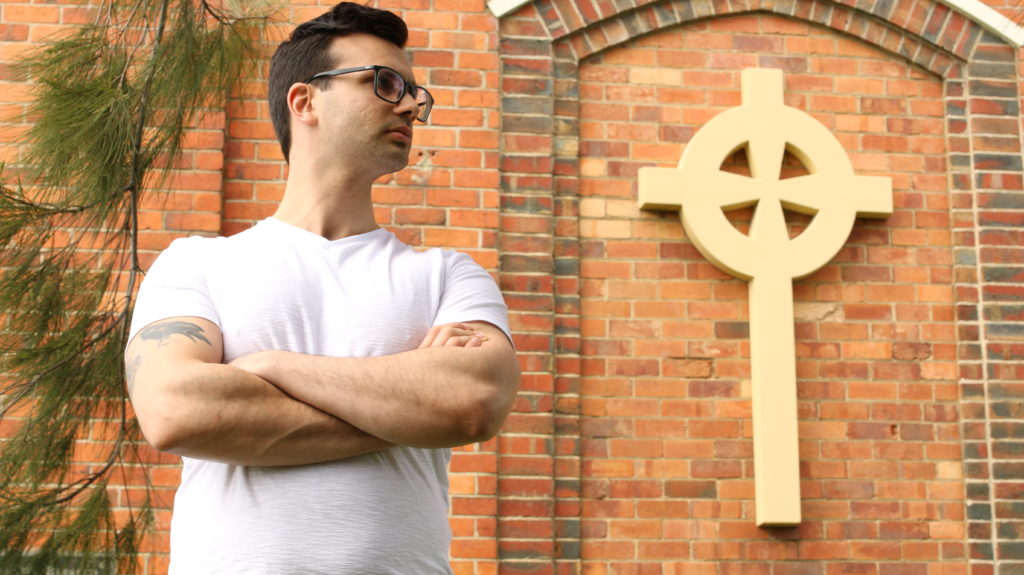 Rhys Hagan was drawn into an alleged Christian cult which left him broke and alienated from friends and family. He finally cut ties and rebuilt his life after surviving six “long years of hell” but the emotional scars remain. Here, he explains how it feels to be brainwashed and warns of the destruction that cults can cause. His new book, Sovereignty, is out now.
Rhys Hagan was drawn into an alleged Christian cult which left him broke and alienated from friends and family. He finally cut ties and rebuilt his life after surviving six “long years of hell” but the emotional scars remain. Here, he explains how it feels to be brainwashed and warns of the destruction that cults can cause. His new book, Sovereignty, is out now.
When most people hear the word cult their minds’ probably jump to a scene from a movie of hooded figures chanting around a cauldron, not a small Baptist church with singing and a potluck. While that first scene would most definitely depict a cult, the second can be just as likely a culprit. Don’t get me wrong, there are plenty of community churches which provide a support network that’s healthy and beneficial for all, but there are those—tucked away in a remote part of town—masquerading as a harmless, almost apathetic congregation which dismiss the wellbeing of its members for the sake of power and wealth.
Only a few years ago I was a member and youth leader in one such church, but once my family and I witnessed the leader physically attack a small boy, we were forced to confront the nature of what we’d become a part of. In the coming years, the rehabilitation I underwent set me on a path of critical thought and independent living which has resulting in me writing my novel, Sovereignty.
While I managed to fit my most valuable philosophies into my novel, I could write volumes on the lessons I took away from my time in the church, but they all have a common theme. It’s that theme I’d like to share with you now. And it’s a tale as old as time, or at least as old as John Dalberg-Acton: Power corrupts.
To have power over your own life is self-control. To have power over another’s is oppression. Now, I’m not saying you should go to your boss and tell them to stick their authority up their holiest of holies; after all, they don’t have power over your life, only your work. No, the power I’m talking about is the power for one person to dictate what another will believe. The power to insist a child stop associating with their parent or for a parent to kick their child to the streets for not conforming to the leader’s demands. The power to make a single statement and say it means one thing while also meaning the opposite (a principle called ‘doublethink’ by George Orwell in 1984).
When someone establishes this kind of control, or even desires to, a group crosses the line from being a community gathering to a cult. How do you tell? In a fair community anyone can challenge anything and anyone if they choose without formal consequence. In a cult, any criticism of the leader(s) or the ideals they uphold ends in reprisal or excommunication.
I know, it sounds confusing, as if I’m suggesting you be involved in your community while being sceptical of everyone in it. But, like monitoring what you eat, it’s important to have balance. A healthy level of scepticism goes a long way and, if you’re ever unsure about whether or not someone in your circle is healthy or radical, just remember what the bible says, “Judge a tree by its fruit.”
Sovereignty by Rhys Hagan is out now in print and as an eBook priced £11.97 and £4.79. It is available from Amazon . For more information about Rhys’s story, go to www.rhyshagan.com/

